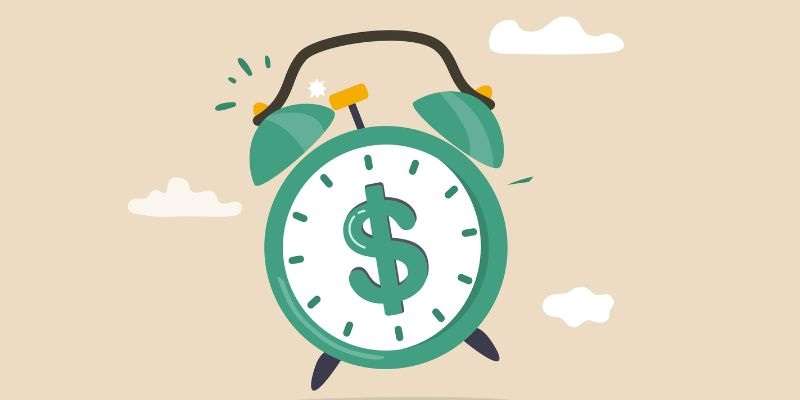BankIowa
Updated 8:11 AM CDT, Tue May 28, 2024
Published Under: Credit & Debit

When it comes to managing personal finances, using credit wisely is key. There are many tips to help you navigate the world of credit and to make smart financial decisions. From understanding credit scores to budgeting effectively, get ready to take control of your finances this year and achieve your financial goals!
Understand Your Budget
Having a credit card or any type of credit requires paying back purchases. Setting up a monthly budget will help you determine your monthly expenses in total and how much debt you really can afford to pay monthly. Credit cards and other forms of credit require a minimum monthly payment, and that amount is based off your credit limit, and amount used of the available credit. Ask yourself, “How much is rent, utilities, and groceries a month? How much do I spend on my car, phone, or other material items? Does my child or pet require monthly expenses?” These questions can help you understand if you can afford the credit monthly minimum payment. For example, let say you calculated your monthly budget to be $2,000 and your monthly income is $2,400. There is only $400 each month that can go to unexpected expenses, “fun-money”, and most importantly, paying back your credit debts. Ideally, you will want to pay off your credit debt in full monthly or at least pay above the minimum amount required. Understand how much you can really take on before applying for a credit card or any type of credit.
Pay On Time
Credit “health” can be negatively impacted by not paying back your debts on time. No matter the monthly minimum you owe or what type of debt it is, always pay on time. To help keep your payments on time, you have options such as signing up for auto-payments through our BankIowa bill-pay service, setting a reminder on your phone each month, or receiving email and/or text alerts from your credit service about upcoming payments. On top of your credit score being negatively impacted, late payments also result in late fees that can become overwhelming if ignored for too long.
Be Realistic and Responsible
When purchasing items or applying for loans, only purchase what you can afford to pay back. Credit cards and loans should not finance expensive lifestyles. Try to keep your credit card balance 30% or lower of your credit card limit. Reg flags may appear to future lenders if you constantly reach or near your credit limit. Each month, spend 1/3 or less of your monthly income on different debts. Before applying for credit cards and loans, ask yourself, “Am I trying to pay off another debit? Would I have been able to afford this purchase without a credit card? Are there other options that can benefit my credit score?” Stay realistic and responsible when applying for new lines of credit. If you don’t have a good savings cushion of available funds, then having a credit card for emergency use only is a good idea, but the card should only be used for emergencies, not incidental expenses.
With these tips, you will be well-equipped to use your credit wisely and make informed financial decisions. Remember to stay organized, remain responsible, and check your credit “health” regularly. By staying one step ahead of your credit, you will be set up for financial success. If you have any further questions on how to maintain your credit health, contact your local BankIowa branch today!

Comments